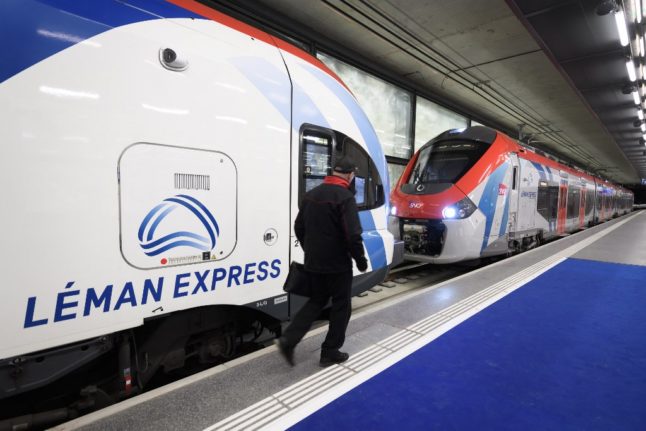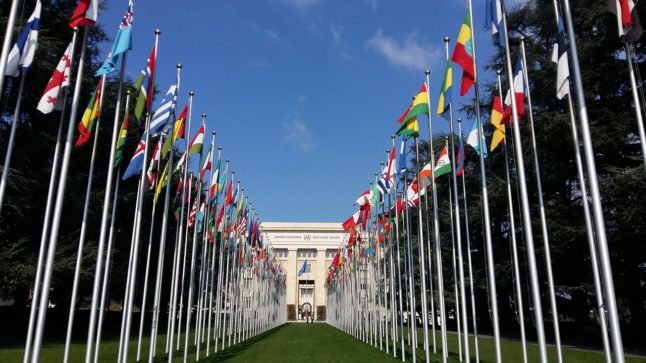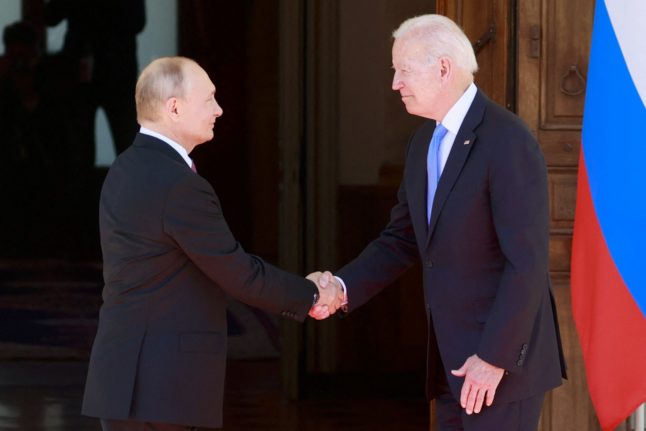Most of the nearly 109,000 cross-border commuters from France (the so-called ‘frontaliers’) who work in Geneva and parts of Vaud, are held responsible for the increase in rents in communities that lie along the Swiss-French border.
According to Le Matin daily newspaper, “prohibitive ‘Parisian’ rents are displayed in the windows of the numerous real estate agencies in Saint-Julien-en-Genevois, a small town on the Swiss border,” as well as in other nearby communities where the cross-border workers live.
For instance, a three-room apartment in the border region rents for 1,500 euros per month, while many town residents earn less than 3,000 euros.
Paid in Swiss francs (which now has a favourable exchange rate against the euro) and earning wages that are sometimes three times higher than in France, the frontaliers “push prices of housing upwards,” putting those who work in France and are paid in euros “at a great disadvantage,” the newspaper reports.
“The rents here are aimed at cross-border workers,” one local resident (who doesn’t work in Switzerland) told Le Matin.
However, while the rents have been steadily climbing, the hike itself is not entirely new.
Cross-border train
Ever since the Léman Express (LEX) inaugurated a 230-km rail link connecting Swiss and French border regions in December 2019, housing prices on both sides started to soar.
Rents (as well as property prices) rose most in areas located within 300 metres around a LEX station.
They increased more on the French side, however.
While Geneva recorded a 4.9-percent hike, Haute-Savoie saw rents climb by 6.3 percent and in Ain by 9.1 percent.
READ ALSO: How a cross-border train has pushed house prices up in Switzerland and France




 Please whitelist us to continue reading.
Please whitelist us to continue reading.
Member comments